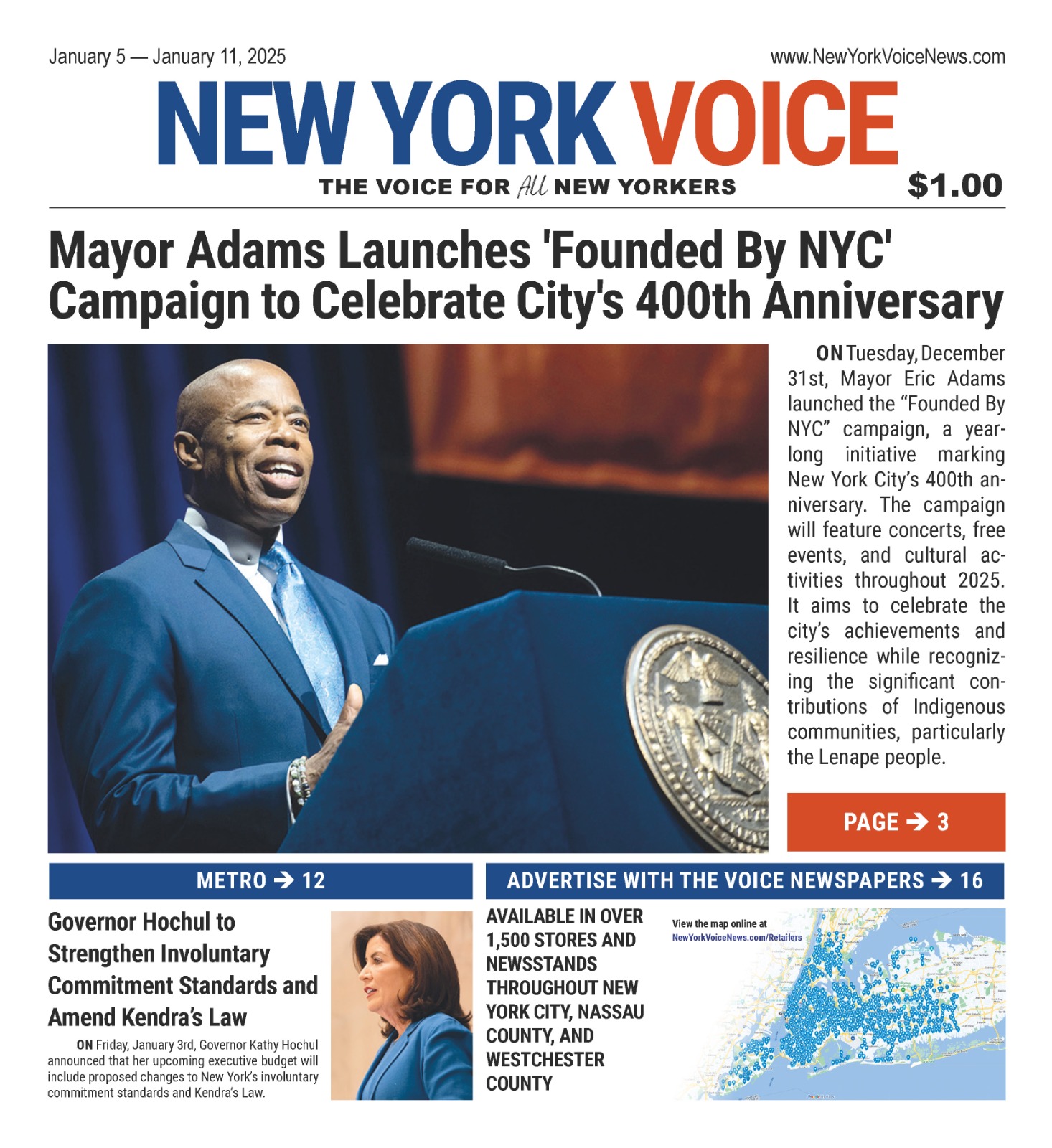Congress passed a stopgap funding bill to prevent a government shutdown, with the measure extending government operations until 20 December. The House passed the bill earlier in the day on September 25th by a vote of 341-82, followed by the Senate’s approval at 78-18. The bill now awaits President Joe Biden’s signature to officially avert a shutdown that was set to begin on 1 October.
House Speaker Mike Johnson introduced the bill after a previous funding proposal failed to gain enough support due to controversial provisions tied to voter eligibility. “While this is not the solution any of us prefer, it is the most prudent path forward under the present circumstances,” Johnson stated. He emphasized that a shutdown would be “political malpractice” just weeks before the upcoming election.
The approved measure includes $231 million in additional funding for the Secret Service following two assassination attempts against former President Donald Trump. Senate Majority Leader Chuck Schumer expressed relief over the bipartisan cooperation, saying, “This is a good outcome for the country. There will be no shutdown because finally, at the end of the day, our Republican colleagues in the House decided to work with us.”
Despite the bill’s success, some conservative Republicans opposed the measure, criticizing the use of temporary funding resolutions. Texas Congressman Chip Roy voiced concerns about continued spending without proper budgeting, stating, “We irresponsibly continue to spend money that we do not have.” However, the House leadership highlighted the importance of keeping the government operational, noting the necessity of bipartisan support to pass must-needed legislation.
With the three-month funding extension, Congress now faces a December deadline to pass a full-year budget or risk another government shutdown. Johnson pledged to avoid the “Christmas omnibus” spending packages that have been common in the past, aiming for more focused appropriations bills. Schumer echoed this sentiment, hoping for further bipartisan cooperation to “fully fund the government before the end of the year.”
As lawmakers prepare to leave Washington for the election campaign, they return in November facing the pressure of negotiating a comprehensive spending bill to avoid further shutdown risks.










